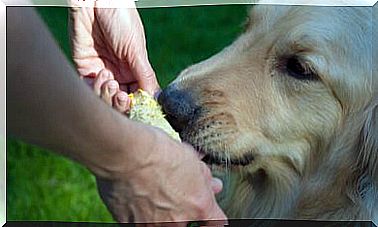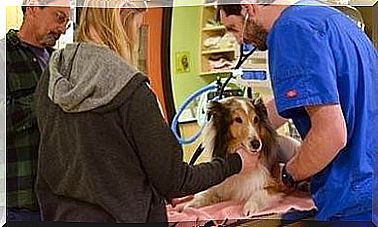When To Vaccinate Your Dog And What Is It For
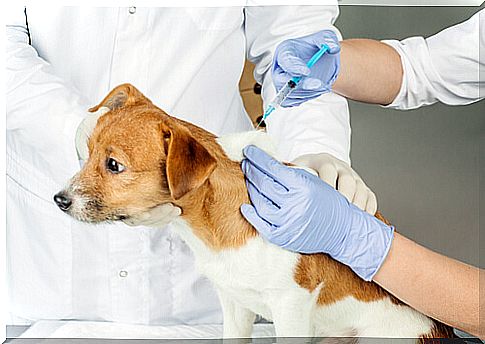
If we talk about animal health, we talk about many aspects that influence it. One of them is prevention. Therefore, vaccinating your dog is a very important step not only towards his complete health, but towards those around him.
How does a vaccine work?
Vaccination is one of the most important discoveries in history, on a clinical level. Its basis is the inoculation of a ‘portion’ of the disease-causing agent, which is normally attenuated. In this way, when the body detects the presence of the pathogen, it generates what is known as antibodies, which act as a defense barrier against the disease.
At the level of animal health, vaccinating our pets is a highly effective mechanism. For this, the veterinary expert determines the ideal conditions and the general condition of our pet, and starts the vaccination schedule at the precise moment.
Is vaccinating your dog mandatory?
The answer is yes. There are a series of vaccines that we, as owners, are required to give our pets. Now, depending on the area where we are or the type of vaccine, there may be slight variations with respect to this obligation.
Within the mandatory vaccines, we can find five different and essential types:
- Rabies vaccine.
- Canine distemper.
- Vaccine against parvovirus.
- Infectious hepatitis vaccine.
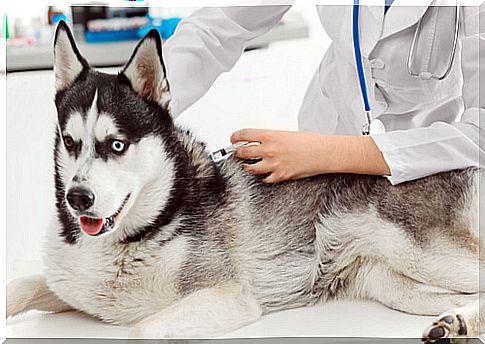
Rabies is an especially dangerous disease, and it is transmitted through bites. It affects the nervous system, and is life threatening in dogs. Its prevention, therefore, is of vital importance.
Distemper, which affects species other than the dog, is a globally distributed disease. It is transmitted through the air and by contact with previously infected areas. Its symptoms are very varied, but we must know that it is a serious, highly contagious disease with disastrous consequences.
Also, within the non-mandatory vaccines, some veterinarians recommend vaccinating against kennel cough, leptospirosis or Lyme disease.
When to vaccinate your dog
In Spain there is a regulated vaccination calendar, and it is the one followed by veterinarians and animal experts to carry out vaccination campaigns. At a general level, this calendar includes the following basic dates:
- At six weeks of age : a first vaccine is administered, which includes protection against distemper and parvovirus. In some cases it is advisable to carry out a complete deworming beforehand.
- At 8 weeks: at that time, what is known as a polyvalent vaccine is usually administered , which grants immunity against distemper and leptospirosis, among others.
- Puppy with three months: at this age it is usual to apply a reminder vaccine of the one applied at eight weeks.
- At 16-17 weeks: This is when it is important to vaccinate your dog against rabies. This vaccine can be accompanied by other minor ones.
- One-year-old dogs : it is usual that, when our dog is one year old, he is vaccinated with a reminder of the multipurpose and another of rabies.
- Every Year : Another Reminder of Multipurpose and Rage is administered. This process can be repeated every two years, depending on the autonomous community where we reside.
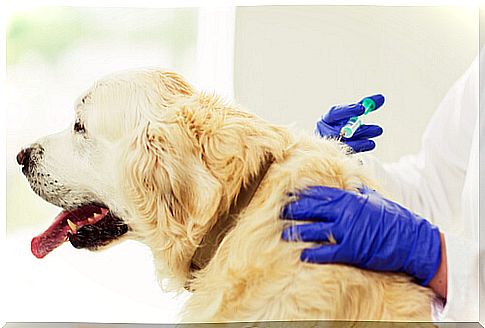
Does vaccination cost a lot of money?
Obviously, the animal vaccination process has its costs. They usually vary depending on the number of optional vaccines that we decide on, and also on the size of our dog. Once again, our trusted veterinarian can guide us on which decision is the best regarding our dog’s vaccination pattern.
The price can also vary depending on the clinic that administers them, as well as the brand and type of vaccine. However, it is important to emphasize that such an important practice as vaccinating our animals is undoubtedly one of the best gifts we can give to their health.
